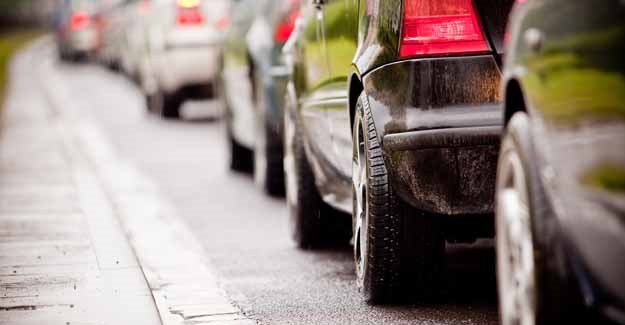Millions of drivers await landmark hearing
A landmark case is due to be heard in the UK’s highest court that could affect the rights of millions of drivers when they park on private land.
On Tuesday 21 July 2015 the Supreme Court in London will begin a three-day hearing in the case of Barry Beavis v ParkingEye.
Mr Beavis will argue that the £85 he was charged for overstaying his welcome in a ParkingEye car park in Chelmsford in 2013 was “unlawful and unfair because it was unreasonable and excessive.”
His case is being heard alongside another case which deals with a similar point of law.
Mr Beavis is being represented by John de Waal QC who earlier this year wrote a report for the RAC Foundation about parking on private land: Private parking – public concern. In it he said that many parking tickets on private land were extravagant and unconscionable.
Earlier this year Mr Beavis lost his case at the Court of Appeal but was given leave to take his arguments to the Supreme Court.
Since then the Parking on Private Land Appeals Service (POPLA) has adjourned those cases where the Supreme Court judgment might have an impact. These cases will not now be heard until the Supreme Court’s decision is known.
The extent to which motorists are being ticketed for parking infringements on private land appears to have soared since the passing of the Protection of Freedoms Bill in 2012 banned clamping.
According to DVLA records almost 3.1 million sets of vehicle keeper details were sold to private parking companies in 2014/15, compared with 2.4 million the year before.
Steve Gooding, director of the RAC Foundation, said:
“It is difficult to overestimate the importance of this case. Each year at least three million drivers are pursued by private parking firms to get them to pay penalty charges.
“This is a vast enterprise that has left many motorists angry, frustrated and confused.
“Few people would want to see a parking free-for-all, but we have heard of many cases where drivers are billed £100 or more for briefly overstaying their welcome and most people would feel this is wholly disproportionate.
“Earlier this year John de Waal QC advised the RAC Foundation that many of these charges are extravagant and unconscionable. Now he is representing Mr Beavis and will test these arguments in the highest court in the country.
“Drivers hoped that the 2012 clamping ban would mark the end of parking disputes on private land. Sadly not. The absence of a fair and binding code of practice on private parking companies has led to the situation we are in today. We hope the courts will now settle the question of what a reasonable charge for overstaying actually is.”
ENDS
Contacts:
Philip Gomm – Head of External Communications – RAC Foundation
020 7747 3445 | 07711 776448 | [email protected]
Notes to editors:
The RAC Foundation is a transport policy and research organisation that explores the economic, mobility, safety and environmental issues relating to roads and their users. The Foundation publishes independent and authoritative research with which it promotes informed debate and advocates policy in the interest of the responsible motorist.
The RAC Foundation is a registered charity, number 1002705.
This is a link to John de Waal’s paper for the RAC Foundation:
DVLA annual report on who it shares data with:
POPLA decision to stay appeals until Supreme Court decision:
http://www.popla.org.uk/ParkingEyeLimited-v-Beavis.htm
Supreme Court listings:
https://www.supremecourt.uk/news/beavis-v-parkingeye-ltd.html
Clamping ban background:
https://www.gov.uk/government/news/greater-rights-for-motorists


